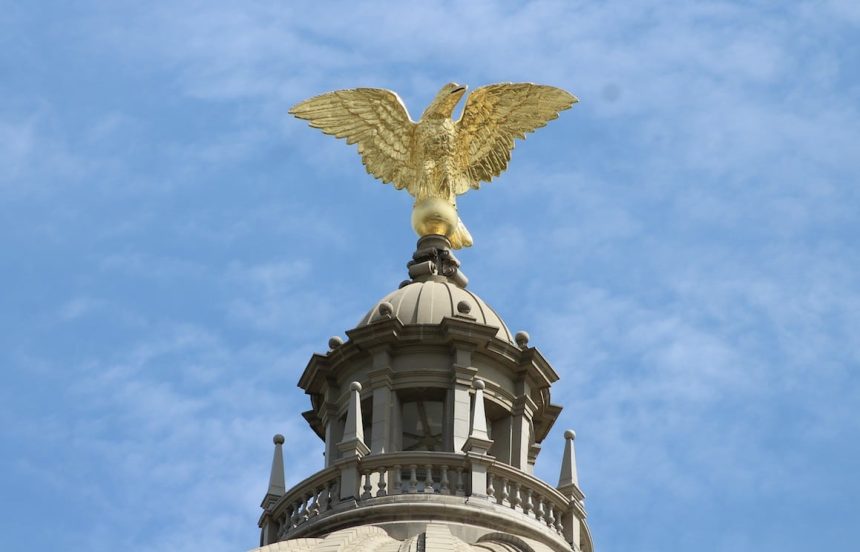The 2020 Mississippi Legislative Session, or what’s commonly been coined by lawmakers as the “session that’ll never end,” officially came to a close on Friday morning.
“The idea behind [reconvening] was to come in and be real surgical and precise about what needed to be addressed with the CARES Act money that had not already been expended,” Senate Appropriations Chairman Briggs Hopson said. “I feel very good about the things we were able to do.”

During the less than 24-hour stay in Jackson, Briggs and company voted to redirect over $69 million in claw back money to hospitals, farmers, landlords, and veterans.
Here’s exactly where the money will end up:
- Through a grant program administered by the Mississippi Development Authority, $20 million will go to landlords who lost rent revenue due to the coronavirus pandemic. $30,000 is the maximum amount one landlord can receive.
- The medical community has unquestionably suffered the most from the pandemic as hospitals across the state have been flooded with patients. Lawmakers passed a bill that will make $13.9 million available to hospitals—$10 million for intensive care unit improvements and $3.9 million for specialty programs.
- As the agriculture industry continues to struggle, legislators set aside $13 million for Mississippi farmers. To be more specific, $9.5 million will go to general crop loss, $3.5 million to poultry farmers, and $500,000 to sweet potato farmers.
- With three of the state’s four veteran nursing homes suffering from coronavirus outbreaks, the expenses continue to build. To provide some extra relief, lawmakers appropriated $10 million to Veterans Affairs.
- In order to improve communications among first responders, $10 million went to the Wireless Communications Commission.
Outside of yesterday’s adjustment of federal relief money, the 2020 legislative session was one for the history books as it featured everything from the removal of the state’s controversial state flag to over $265 million going towards broadband expansion and distance learning.
To read a bill-by-bill recap of what all was covered during this year’s session, click here. Next year’s session is set to commence in January.







